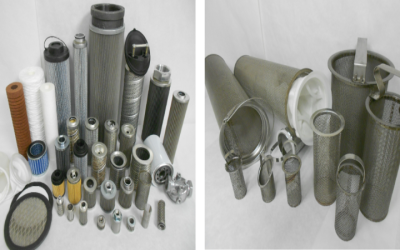Regulation D provided by the Securities and Exchange Commission (SEC) is a section within the 1933 Securities Act. It establishes a process for issuers of securities – entrepreneurs, startup companies, etc. – to qualify for an exemption from the requirement to register those securities with the SEC.
As businesses expand or attempt to expand, they need funds to fuel the growth. Many small companies starting off want to move forward in this process by selling stock to family, friends, and supporters. Stock offerings generally must be registered with the SEC. However, this registration process may be skipped if the company qualifies for an exemption under Regulation D.
There are a few parts of Regulation D we need to look at to understand some of the benefits of the offerings under this regulation – Rule 506(b), Rule 506(c), and Rule 504.
Rule 506(b) Private Placement Offerings
Rule 506(b) has often been used to sell securities privately to family and friends. It is not used to sell to companies or the general public. Under this rule, as a business, you may advertise to an unlimited number of accredited investors and also raise an unlimited amount of money during your capital raise.
However, as an issuer, you need to follow several rules under Rule 506(b). These include:
• You may not sell securities to more than 35 non-accredited investors
• No public advertising and solicitation of the sale of the securities is allowed
• You must provide any non-accredited investors with the same information you would give accredited investors, such as financial statements
• You should be available to answer any questions non-accredited investors may have about the sale
Rule 506(c) and General Solicitation
Rule 506(c) under Regulation D is used for advertising securities to the general public previously issued and are not freely tradable (otherwise called restricted securities). Under this exemption, all investors must be accredited investors, and as the issuer, you must take reasonable steps to verify the accredited status of the investors.
Rule 504 Offerings Below $5 Million
Rule 504 gives companies an exemption to sell as much as $5 million worth of securities within a period of 12 months. Certain restrictions apply under this rule. These are restricted securities – they may not be sold for a minimum of six months or one year without having them registered.
Also, Rule 504 exemptions must comply with state securities regulations, unlike Rule 506(b) and 506(c) exemptions which require no registration with the state.
The benefits afforded to issuers and investors through Regulation D are significant and may be accessed when the requirements of the regulation are followed.


